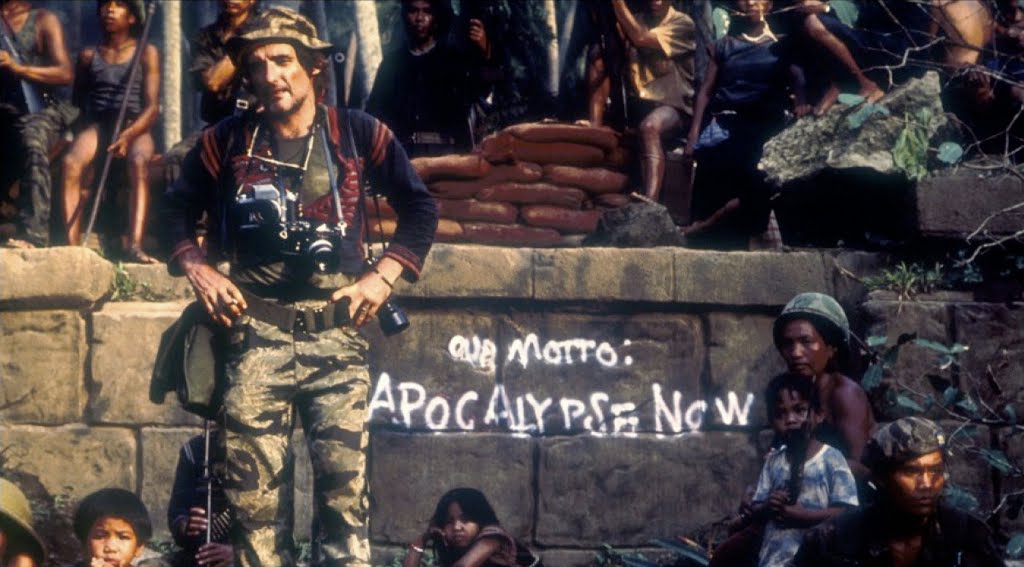Monica Castillo
Contributed to: The New York Times, The Washington Post, International Business Times, RogerEbert.com, Cosmopolitan, NPR, Remezcla, Hyper Allergic, The Wrap, Boston Phoenix, Variety, Bitch Media, The Village Voice.
Born in Tampa Bay Florida (April 17, 1990), educated at Boston University, Monica Castillo's best known (and most deeply felt) writing springs from the well of her Cuban heritage. In many pieces she speaks beautifully of what it means to be the child of first generation immigrants, and how that informs even the smallest considerations in her consumption of translation of media. She began her career writing for Boston film outlets after a chance encounter with criticism led her to abandon her major in favor of engaging with film full-time. She quickly found herself in many smaller and unconventional outlets before graduating to the likes of the Village Voice and RogerEbert.com. She was the recipient of the first ever Film Critic Fellowship at USC which led to her landing a job at the New York Times. She has since moved on to become one of RogerEbert.com's regular reviewers and still fields for many outlets for festival coverage and other major media events. She is easily identified at festivals and aceeenings by her hair, which is frequently dyed an gorgeous neon shade of some kind or other. She’s been an important voice as Latina voices have become more prominent in media criticism, her successes an important sign that the landscape will not be expected to catch up with minority voices. She has proven that non-white, non-male film critics will take the space they deserve and make the discourse more interesting and varied whether it’s ready or not.
On Soy Cuba:
I am Cuba (Soy Cuba) is a lovely composed postcard of various old Cuban landmarks: the nightclubs, rural countryside and city life. It captures Cuba’s haves and have nots in a period of transition, close to the start of Castro’s regime. But I always feel the director’s outsider point of view when watching Soy Cuba. The way the camera gawks at people is a compositional choice that doesn’t make me feel that I’m among my people. It makes me feel like I’m watching someone else’s culture, not my own. Its distancing lens is an artful landmark, but not one I’ve felt emotionally attached to. This wasn’t how my family saw Cuba.
On visiting Cuba for the Havana Film Festival:
"I left, why do you want to go back?" she asked me.My mom and abuela reluctantly helped arrange my trip to stay with my great uncle, one of the few Cuban members of my family I knew in person rather then in pictures. Less than two months before my trip, he passed away. I felt guilty for not having gone sooner. My aunt took me in, and my cousin offered to help me navigate the city without a map or Wi-Fi, and hell, sometimes no electricity (apagones, or blackouts, have become so routine it's normal to carry a flashlight at all times). Several family members passed on tips on what not to eat to skirt food poisoning, to live soaked in mosquito repellent to ward off Dengue Fever, and which cabs were more likely to swindle visitors. But all the stress, worry and sadness melted away the moment I woke up on the plane over the luscious green campo (countryside) dotted by the occasional tin-roofed farm. When we landed at the Jose Martí airport, the plane erupted in applause with some feet-stomping and sniffles. A woman behind me burst into tears, saying it had been decades since she'd seen her island. It was my first time, but I resolved to keep my face straight as I headed into the airport to have my bags searched.
On Embrace of the Serpent:
Newly Oscar-nominated “Embrace of the Serpent” is a black-and-white fever dream about the cruelty of colonialism against the Amazon’s indigenous tribes. Shaman Karamakate (played at different ages by Nilbio Torres & Antonio Bolivar) is asked to help white scientists searching for a rare plant at different stages of his life, and their travels takes them past heartless rubber barons (notably never shown onscreen), abusive priests and cannibal cults. However, it is the heated arguments between the scientists and Karamakate that elevate the movie. Their encounters allow for the exploration of the effects of colonialism, stumbling onto one horrific historical chapter after another. Karamakate is separated from his tribe, indoctrinated by Spanish priests, but escapes to reaffirm his culture in defiance of invaders. Manduca (Yauenku Migue), an assistant to one of the scientists, is a freed slave from rubber barons who routinely beat and maim natives. Much of the dialogue doubles as a testament of the latent and overt racism that robbed tribes of their culture, even indicting the patronizing tone the scientists would sometimes use with indigenous characters. The black-and-white photography is stunning, making the rivers an ominous inky black color, and swapping the luscious jungle greens for shades of grey.


No comments:
Post a Comment